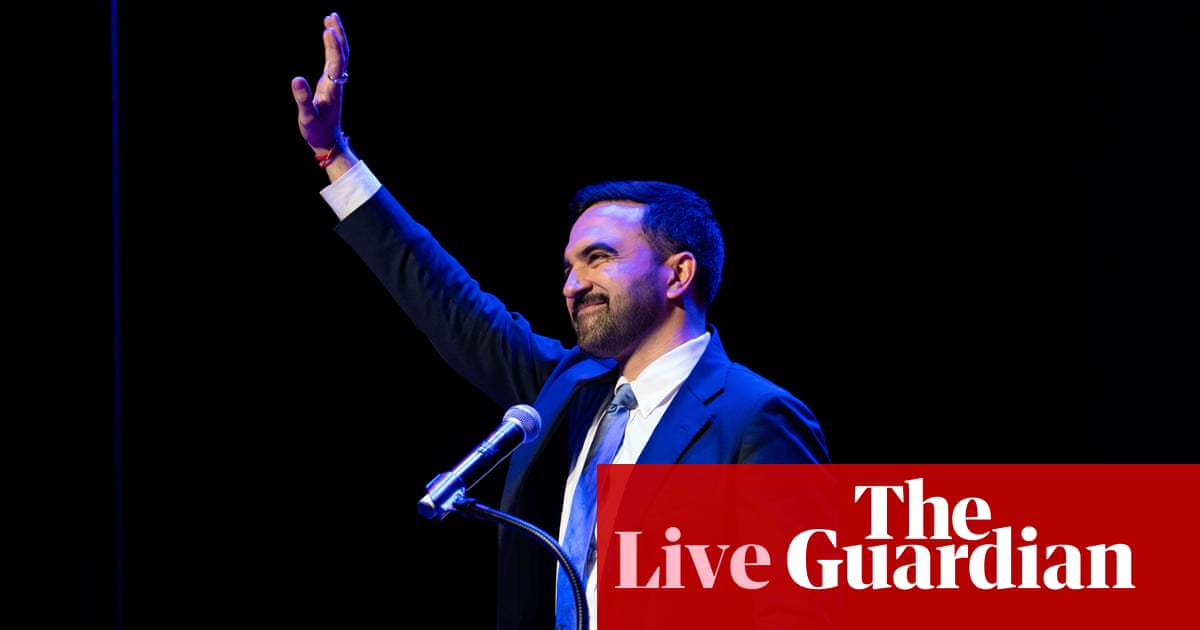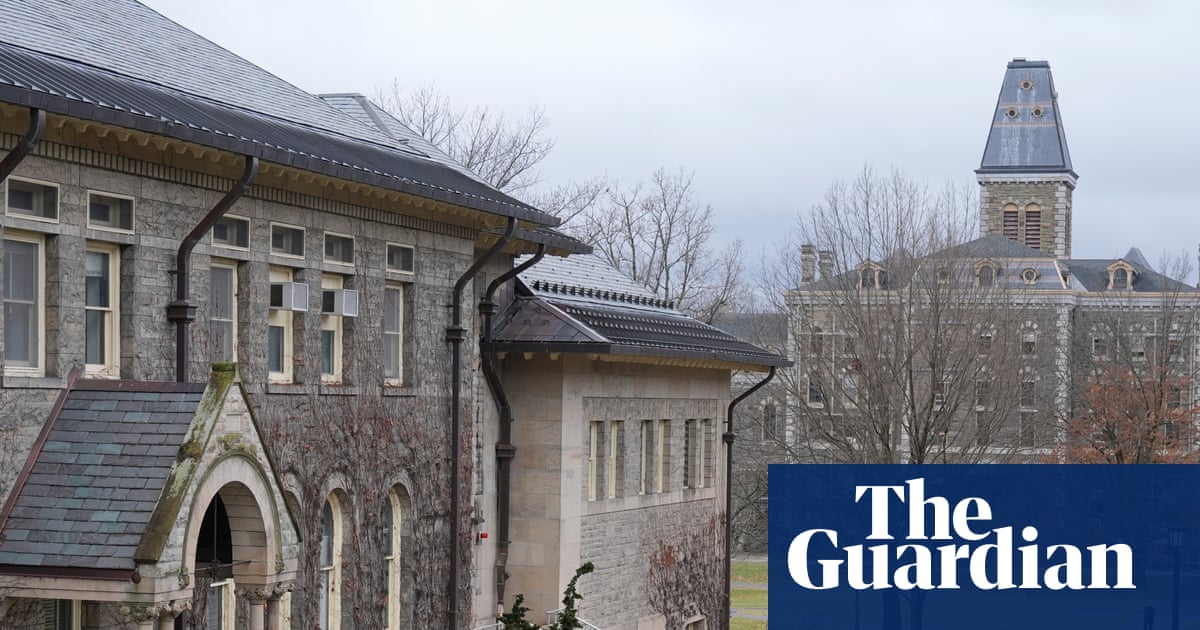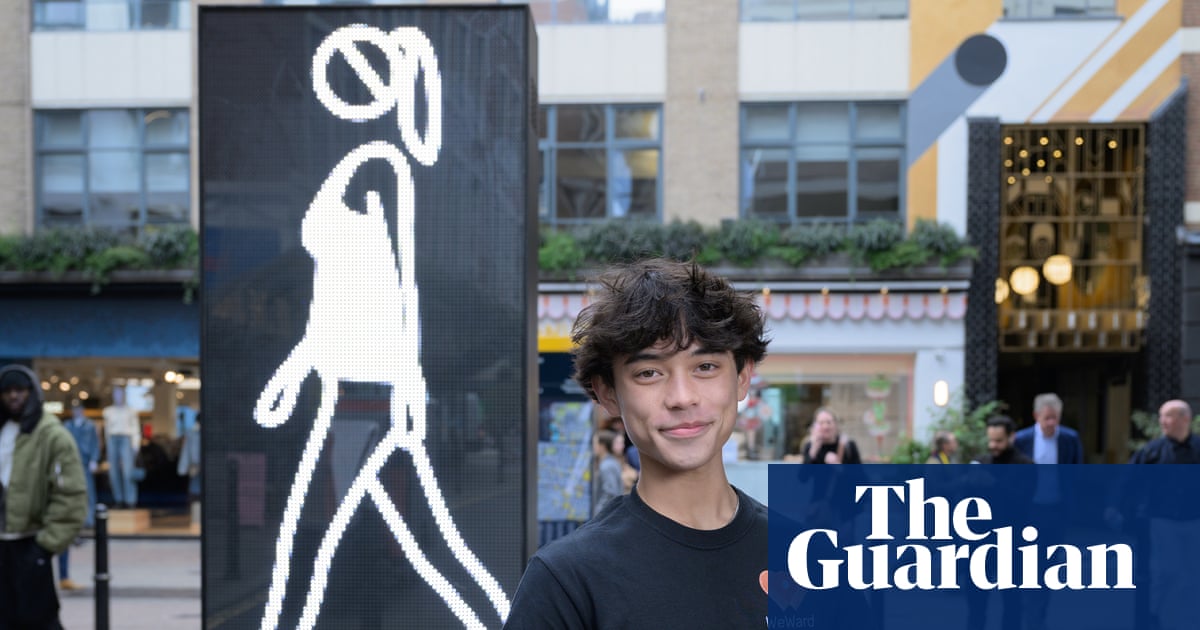A populist president refused to accept his defeat at the ballot box, insisting that the election had been stolen. A far-right mob stormed the country’s institutions in his support. Yet democracy prevailed. And then, on Thursday, Brazil’s supreme court sentenced the former president Jair Bolsonaro to 27 years in prison for leading a criminal conspiracy to overturn the 2022 elections and “annihilate” democracy through a coup. The sprawling plot was both modern and crudely old school – extending from an online disinformation campaign to undermine faith in the voting system, to aborted plans to assassinate the newly elected president Luiz Inácio Lula da Silva, known as Lula, and the supreme court justice investigating Bolsonaro. It culminated in the riots in Brasília in January 2023.
Four of the five judges on the panel found Bolsonaro guilty. Seven close allies from the military and security establishment were convicted alongside him for the same crimes – including his former defence and justice ministers, former spy chief, generals and the former navy commander. According to the prosecution, the plans for a putsch failed because the army and air force chiefs refused to take part.
The conviction is a relief not only to defenders of democracy – many of whom celebrated in the streets in the hours after the verdict – but also groups targeted under Bolsonaro’s rule, including human rights activists, Indigenous peoples and the LGBTQ+ community. It also marks a hugely important moment for Brazil in challenging historical norms of impunity. Despite its lengthy history of coups, no member of the military had been convicted of coup-related offences in a civilian court until now. The first conviction for any of the horrific abuses committed during its 1964-85 military dictatorship came only four years ago.
Bolsonaro, who is under house arrest, denied all charges and has won enthusiastic backing from the US, where his son Eduardo has lobbied relentlessly on his behalf. In July, Donald Trump imposed a 50% tariff on imports from Brazil, which he tied to the supposed “witch-hunt” against a man he describes as a friend. The alarming attempt to export this administration’s anti-democratic impulses backfired, boosting support for President Lula.
Nonetheless, Bolsonaro’s conviction will probably fire up domestic supporters who see him as a martyr and may, more than ever, believe they are being politically persecuted. His supporters in congress are pushing for an amnesty bill, though it is thought more likely to win reduced sentences for those involved in 2023’s violence in Brasília than freedom for the ex-president. He may instead be placing his hopes in next year’s election – when the incumbent president is expected to run again – to boost support for him in the senate and install a rightwing president, possibly even a member of his family.
Yet while Bolsonaro only narrowly lost 2022’s election, a clear majority of Brazilians accept that he participated in plotting a coup: 52%, against 36% who said that he did not, in a recent poll. Securing this outcome for democracy will require continued commitment, but it is nonetheless remarkable
The conviction of Bolsonaro has sent a powerful signal heard not only in his country but more broadly: that leaders must be held accountable if they undermine democratic norms. Brazil has successfully upheld the will of the people against the scheming of a populist would-be autocrat. This victory must be defended, but it shows others what is possible.
-
Do you have an opinion on the issues raised in this article? If you would like to submit a response of up to 300 words by email to be considered for publication in our letters section, please click here.

 1 month ago
57
1 month ago
57

















































